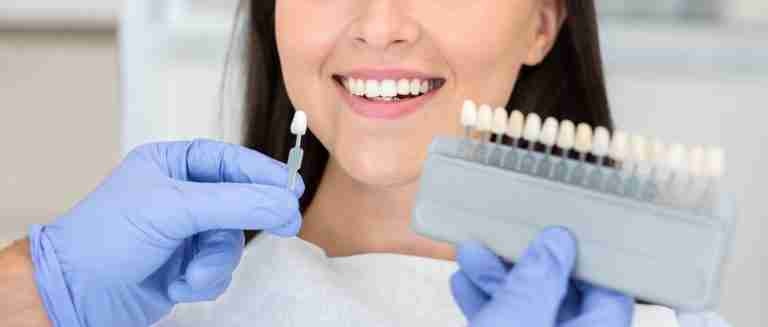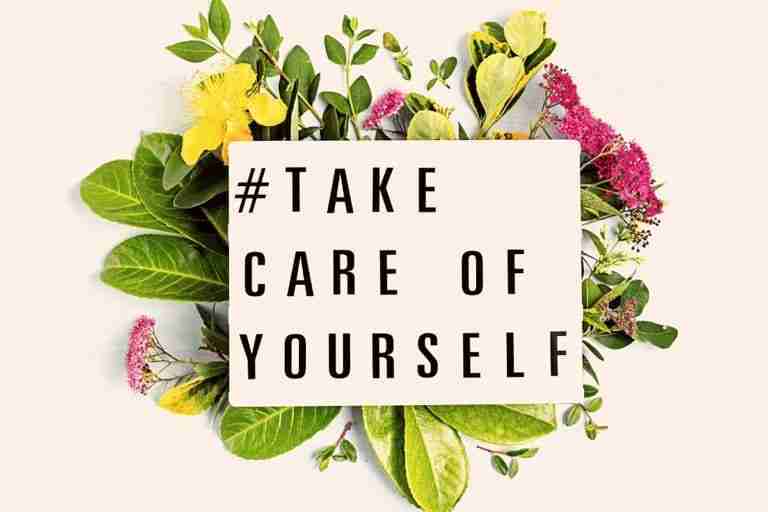Approaching Menopause? 10 Facts All Women Should Know
What All Women Should Know About Menopause And What To Expect
If you’re like most women below the age of 40, you probably haven’t spent too much time thinking about menopause – that point in your life when your ovaries shut down and stop producing your female hormones, estrogen and progesterone.
As a practicing physician for over 35 years, with decades of experience managing menopausal and post-menopausal patients, I have found there are so many questions around the estrogen and how the lack of the hormone effects the body. I have written the book The Estrogen Question:Know before you say no to HRT.
I am here to share some important facts you should know. Learning more about menopause is a good place to start. At the end of this article I will explain why.
Ten things you should know about menopause, some may shock you:
- Most Women Go Through Menopause Between The Ages 45-55
The average age of menopause is 52, but, 4% of women reach menopause between ages 40 and 44 and 1% can go through it before age 40.
- Having A Hysterectomy And Other Factors Can Cause Menopause To Occur Sooner
One out of three women will end up having a hysterectomy, which is removal of the uterus. This tends to bring on menopause one to five years earlier than expected.
Other things that contribute to an early menopause include a positive family history of early menopause, smoking, poor nutrition, and even working the night shift!
- Women Need To Continue Birth Control Measures Until They Are Past Menopause
A woman’s fertility declines gradually after the age of 30, but a woman can still get pregnant right up until she goes through menopause.
- 70- 80% Of Women Have Hot Flashes Around The Time Of Menopause
Some women can begin having them years before menopause. For most women hot flashes last for seven to ten years, and some women have them well into their 70’s and 80’s.
- Hot Flashes Have More Medical Significance Than You Realize
Hot flashes are uncomfortable and bothersome, but recent research reveals that hot flashes are indicators of an increased risk of heart disease. Women who begin having them at an early age and women with frequent hot flashes appear to be at the highest risk.
Menopause Causes Problems With Mood And Cognition
The declining and fluctuating hormone levels that precede menopause have been shown to cause a number of mental problems including anxiety, depression, mood swings, memory problems, and “brain fog.”
- The Vaginal Area Becomes Uncomfortable Around The Time Of Menopause
Estrogen is necessary to keep the lining of the vagina healthy. Without estrogen the tissue becomes progressively thinner, dryer, and less elastic, which increases the risk of infections and sexual discomfort
- The Thickness And Strength Of The Bones Drops Rapidly Within A Few Years Of Menopause.
Without estrogen, the density of our bones rapidly declines which causes thin bones (known as osteopenia) and this can progress to osteoporosis and a higher risk of a fracture. This is why it’s important to exercise and practice resistance training.
Menopause Causes An increase In Belly Fat
Without estrogen, fat gets deposited around your middle which increases the amount of abdominal fat. This not only increases your waistline, but fat in this area puts you at a greater risk for diabetes and other health problems.
- After Menopause, The Bad Cholesterol (LDL) Levels Goes Up And A Woman’s Risk Of Heart Disease Increases
Estrogen has been shown to protect women from heart disease, but after menopause a woman’s risk of heart disease increases rapidly and approaches the same risk as for a man.
If any of this information is new to you, you are not alone. I have found in my many years of medical practice that women simply aren’t informed about what to expect when it comes to menopause. And even of greater concern, they don’t know what to do about it.
Suddenly they begin having aggravating hot flashes, night sweats, sleep problems, mood changes, irregular periods, vaginal dryness, and a host of other surprising symptoms.
They are suddenly desperate for advice – the most pressing being: should they take hormone replacement (HRT). They have heard conflicting opinions from their friends, family, and even healthcare providers.
Is estrogen dangerous?
Does it cause breast cancer?
What are bioidentical hormones? Are there other treatments?
Where do women go for answers?
I wrote my book, The Estrogen Question: Know Before You Say “No” to HRT to answer these questions and more. The bottom line is that estrogen therapy taken at the time of menopause not only is the most effective treatment for hot flashes, it will help prevent the belly fat, diabetes, bone loss, heart disease, strokes and a number of other health conditions. Women, and even many healthcare providers, are simply uninformed about the latest knowledge on the role of HRT.
As a medical doctor who has cared for thousands of women in mid-life and beyond, I wanted to create a reliable, scientifically based resource for women that clarifies the benefits and risks of hormone treatment. Taking estrogen replacement is an important decision and not one that should be based on misinformation.
Most Frequently Asked Questions About Menopause
Q: What is menopause?
A: Menopause marks the natural end of a woman’s reproductive years, typically occurring in her late 40s or early 50s.
Q: What are the common symptoms of menopause?
A: Symptoms include hot flashes, night sweats, mood swings, vaginal dryness, and changes in sleep patterns.
Q: How long does menopause last?
A: Menopause itself is a point in time, but the transition (perimenopause) can last several years. On average, menopausal symptoms persist for around four to five years.
Q: Can menopause cause weight gain?
A: Hormonal changes during menopause can contribute to weight gain, especially around the abdomen. However, lifestyle factors also play a role.
Q: Are there treatments for menopausal symptoms?
A: Hormone replacement therapy (HRT), lifestyle changes, and medications can help manage symptoms. Consult with a healthcare professional to determine the most suitable approach.
Q: Does menopause affect mental health?
A: Yes, hormonal fluctuations can impact mood. Anxiety and depression may be more prevalent, but support and interventions can help manage mental health during this transition.
Q: Is it possible to get pregnant during perimenopause?
A: Yes, although fertility declines, pregnancy is still possible during perimenopause. Birth control may be needed until menopause is confirmed.
Q: How can women maintain bone health during menopause?
A: Adequate calcium and vitamin D intake, along with weight-bearing exercises, can help maintain bone density and reduce the risk of osteoporosis.
Q: Can menopause affect libido?
A: Yes, hormonal changes can impact libido, but factors like stress, relationship dynamics, and overall health also contribute. Open communication with a partner and seeking medical advice can help address concerns.
Q: Are there natural remedies for menopausal symptoms?
A: Some women find relief through lifestyle changes, such as a balanced diet, regular exercise, and stress management. Herbal supplements like black cohosh or evening primrose oil may also offer relief for some.
Q: How long does postmenopausal bleeding require attention?
A: Any postmenopausal bleeding should be promptly addressed with a healthcare professional, as it could indicate underlying health issues, including cancer.
Remember, individual experiences with menopause vary, and it’s essential to consult with a healthcare provider for personalized advice and care.







